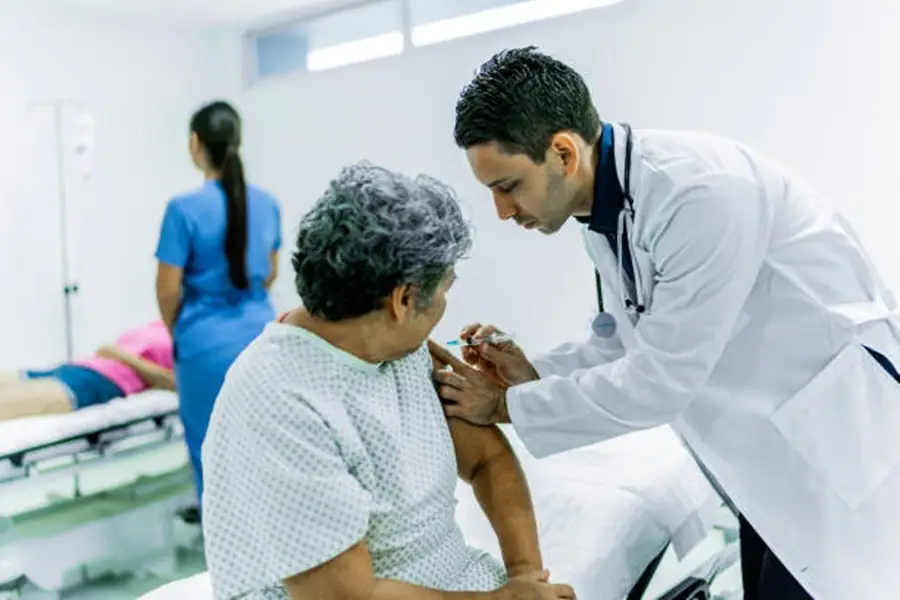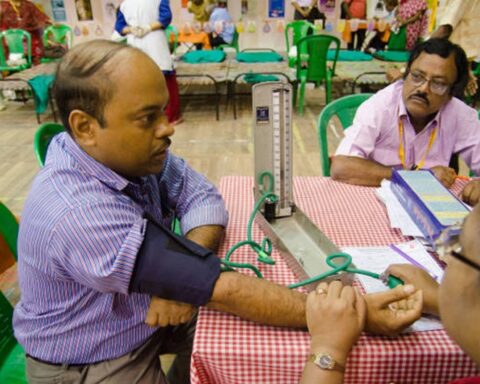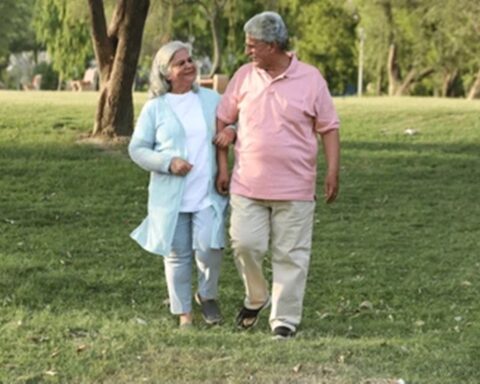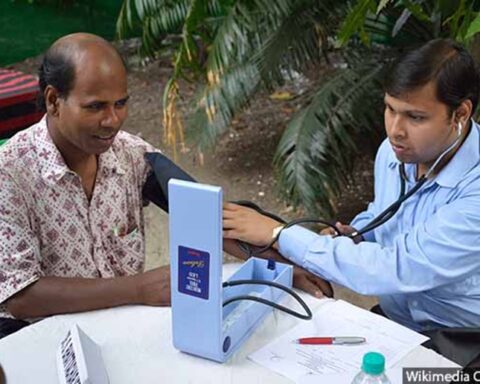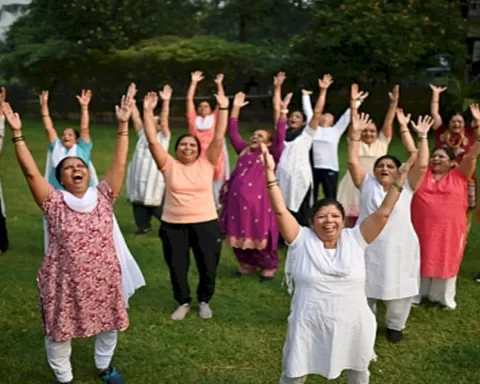New Delhi, November 20, 2023: Only one injection every six months that “switches off” high blood pressure could soon consign daily pills to history. A single dose of the drug, called zilebesiran, can control the condition for up to six months, with few side effects, according to clinical trials across in the UK.
Angiotensinogen is the sole precursor of angiotensin peptides and has a key role in the pathogenesis of high blood pressure (hypertension). Zilebesiran, an investigational RNA interference therapeutic agent with a prolonged duration of action, inhibits hepatic angiotensinogen synthesis.
According to the World Health Organisation (WHO), if hypertension isn’t treated, it can cause other health conditions like kidney disease, heart disease, and stroke. Patients suffering from very high blood pressure (usually 180/120 or higher) can experience symptoms including severe headaches. chest pain.
The blood pressure of most patients dropped after one injection. This represented a 20% or more reduction in the chances of suffering a heart attack, stroke or other cardiac event and kidney failure and premature death, and disability, according to the trials.
Some people could quit all blood pressure medication. Medics say the injections could be self-administered, much like diabetes drugs. The news, unveiled at the American Heart Association Scientific Sessions, in Philadelphia, was welcomed by cardiologists.
Although the study involved just a few hundred patients, the data was hailed as an important shift in the treatment of hypertension.
High blood pressure is responsible for half of all heart attacks and strokes.
Prof George Bakris, who was involved in the trials, said the idea of ditching daily tablets for two injections a year had patients “standing in line” for the drug. “If this lives up to its promise, it will represent a huge shift in treatment,” he said, calling for larger trials.
High blood pressure affects 29.8 percent people in India, was showed by a 2014 study across India carried out by the University of Cambridge (UK). It revealed that about 33% of urban and 25% of rural Indians are hypertensive and that their treatment requires them to take daily tablets.

